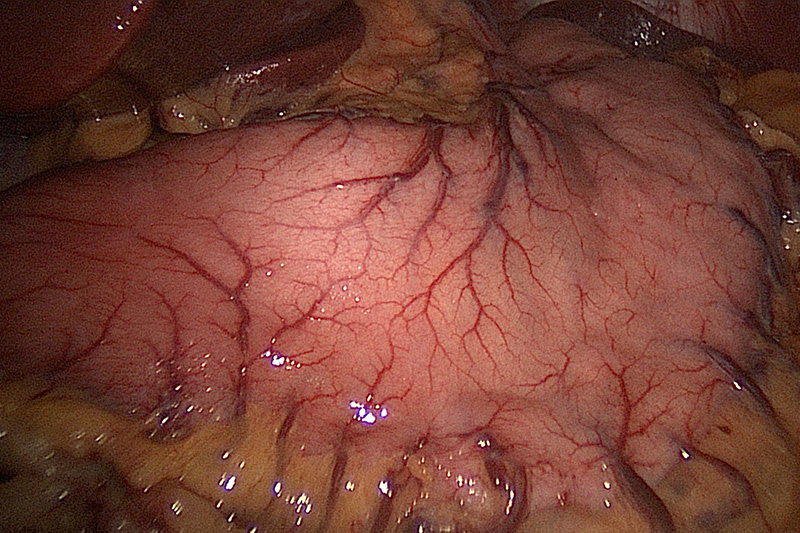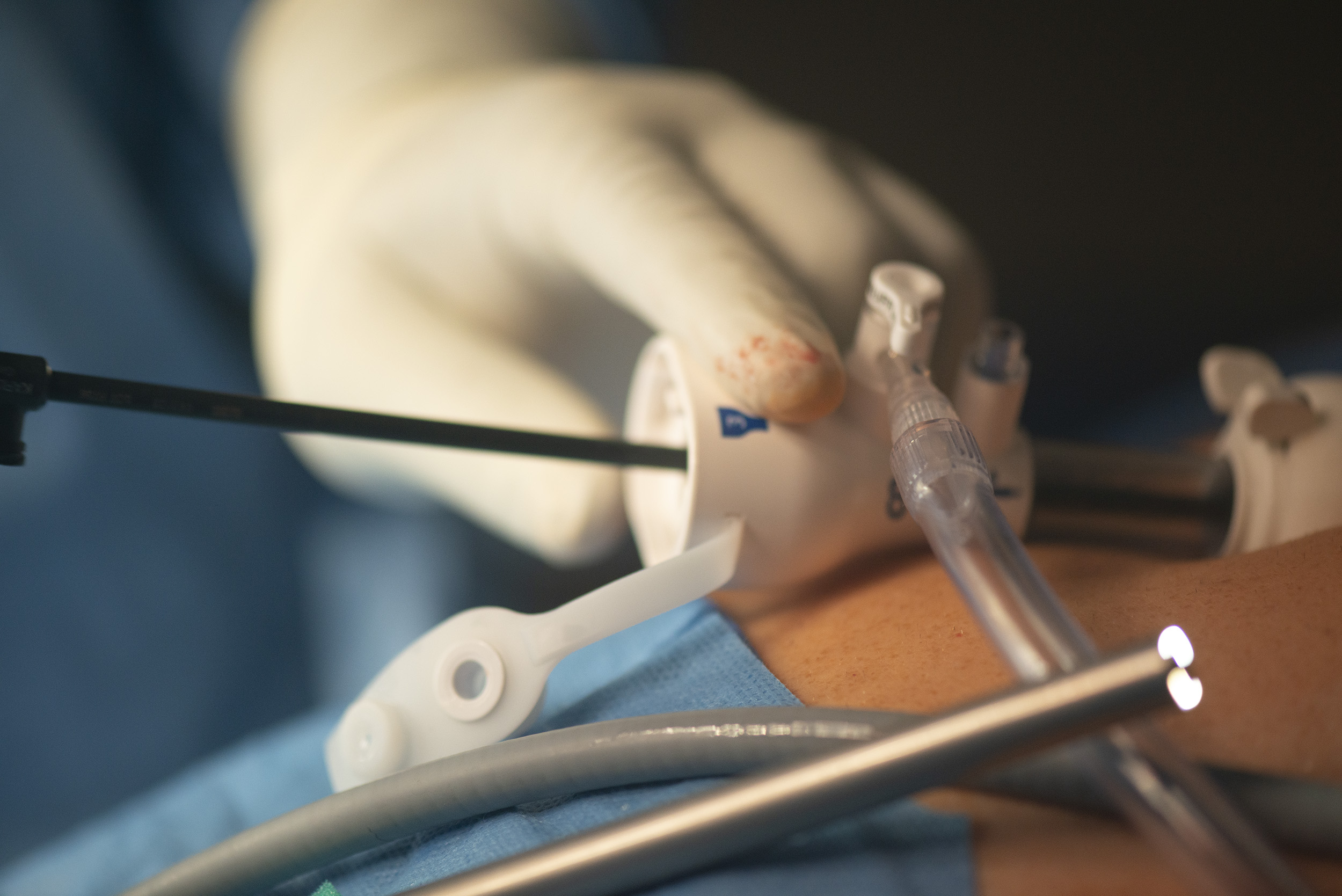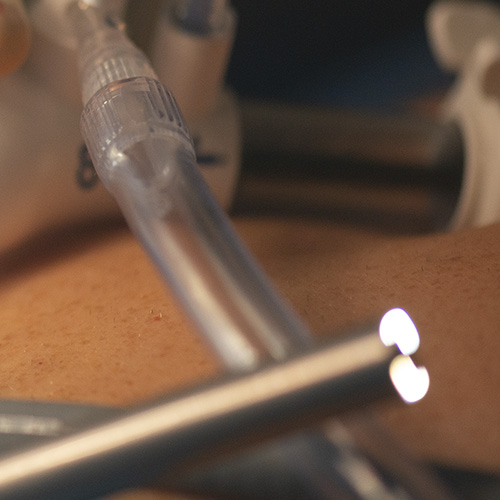Hormones are chemical messengers that are released in the body by the endocrine glands. They mediate physiological processes in the body. Examples of hormones include insulin, cortisol, thyroid hormone, oxytocin, and prolactin among many others. Endocrine glands include pituitary, pancreas, thyroid and the adrenals. The hormones have to exist in a state of balance for the body to function normally. If imbalance occurs effects that are evidenced physically occur. Hormonal changes can be physiological or due to disease process. Normal hormonal changes occur during puberty when there is transition from childhood to adulthood. It is also normal for hormonal changes to occur during menopause. During pregnancy, hormonal changes occur that help sustain the pregnancy. Hormonal changes also occur in the setting of disease. Tumors arising in the endocrine glands may release hormones, which will alter the body?s intricate physiological balance. An example is cancer of the thyroid, which releases excess thyroid hormone raising the basal metabolic rate of the body. Deficiency of hormones will also present with disease processes which are treated through hormone replacement therapy.









